Hi! It’s Temi of Living Letter Plans, and I want to share with you 5 ways you can make your mood tracker more effective in your life and bullet journal. A mood tracker is bujo staple, that’s used for keeping track of your day-to-day mood throughout the month. Sometimes, it can be hard to know what to do with it when you’ve tracked each day, so I’ve got 5 ways you can make you mood tracker do more for you!
1. Make a routine of tracking your mood
A mood tracker is so effective because it’s a very simple way to be aware of your mood, notice any patterns, and check in with yourself. But sometimes the act of adding a blob to you graph or colouring a leaf in your plant, can be a monotonous task. So, make a ritual and routine of it, and make it more of a self-care act.
For me, I make it a part of my evening wind-down routine and do more to make tracking my mood do even more for my mental health in the moment. Some of these include:
- Enjoying a cup of tea or hot drink of your choice
- Picking a comfortable place to get cosy
- Taking time to think back and reflect through your day.
- Being mindful – one way I do this is notice 5 things I can see, 4 things I can hear, 3 things I can touch or feel, 2 things I can smell, and 1 thing I can taste. I’ll touch more on ways to use mindfulness later in the blog.
You’ll be surprised how much of an impact this has on your mental wellbeing, especially if you give yourself the space to do it. It doesn’t have to take long – it’s usually about 15 minutes for me, and because it’s part of a routine just like brushing your teeth, it’s harder to forget.
2. Add notes to your mood tracker
When I’m tracking my mood, if I notice I’m particularly happy or particularly low, I add a note next to that mark, mentioning what may have made me feel this way whether good or bad. This is why I usually use a graph system for my mood tracker because it allows me space to do this. Here are some printable graph mood tracker templates you can add into your journal.
By adding notes, you can learn what things to do more of, to improve your wellbeing, and what to maybe avoid or notice and prepare for, that is likely to make you feel low. With the notes of things that have made me happier, I then create what I call ‘Pick-me-up’ (*Currently linking to preveiw page, may need updating once that blog is live*) spreads – a couple of pages I can go to in my bullet journal for ideas of things to do when I’m feeling low.
3. Get creative and mindful with it!
If you’re like me and you love to create colourful, creative bullet journal spreads, you can do the same for your mood tracker, and be mindful while you create it. Mindfulness is the act of being fully present, aware of where you are and what you're doing. Getting creative is a very good task to be mindful with because it requires so much of your attention and concentration. Here’s a video showing you how I make a creative mood tracker spread.
Some of my favourite items to use are:
- Calliograph Pens – My favourite colours are the Jewel set!
- Acrylograph Pens – The flow of these pens alone is so satisfying to watch and use, because they are so pigmented and bold, and layer beautifully over Calliograph pens
- Notepads – I think I use these in every theme I create in some way or another. My favourite way to use them is to create the look of sticky notes on the page.
If you need some more inspiration, here are five creative mood tracker bujo spreads from the Archer & Olive Community, to give you some ideas:
(By @shedesignskc)
(By @planner_laura)
(by @journalbynaomi)
(by @threalfunaunt)
(by @bulletjournal_by_danique)
4. Use your mood tracker alongside your habit tracker
When I create my tracker spreads, I keep my mood tracker and habit tracker side by side. This is because I can notice If there’s a pattern between the two. Look out for any links between any good habits that you have missed, and if it matches multiple lows in your mood tracker and vice versa. There may be a good habit like staying active, that is keeping your mood and wellbeing in a good place, that would be helpful to try and keep up when you’re feeling low.
5. Notice significant patterns or consistencies
Tracking your mood is a great method to do, because it keeps you aware, and may flag up when you need to take some action. If you find yourself consistently very low, it might be a good idea to speak to someone you trust, or maybe get some help from a doctor or healthcare professional. If you spot patterns of being happier on certain days, these might be a good day when you have more energy, to take on the tasks you might enjoy a little less, or even when you’re most productive to take on studying, or projects that need more concentration. If you spot that you tend to feel more low on a certain day of the week, or month, it might be good to prepare, take time to do more of the things you’ve noted make you happier, and stay on top of your good habits.
The possibilities with your mood tracker are endless! I’d love to hear how you use your mood tracker, and see some of your creative spreads, so do share you ideas and tag us @archerandolive, @archerandolive.community, @LivingLetterPlans and use the hashtags #AOShare and #archerandolive.
If you liked this blog you might enjoy 'How To: Monthly Mood Tracker'

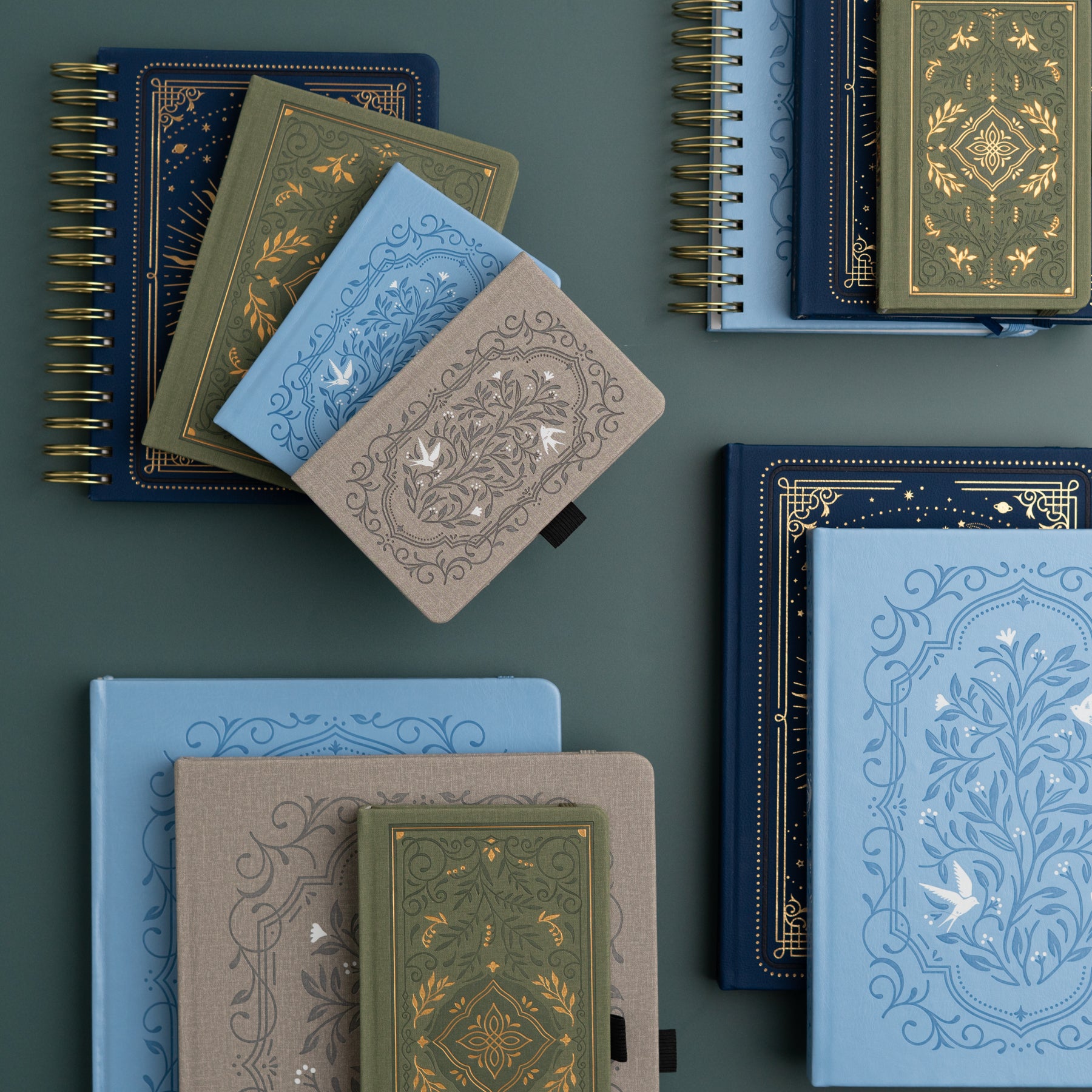
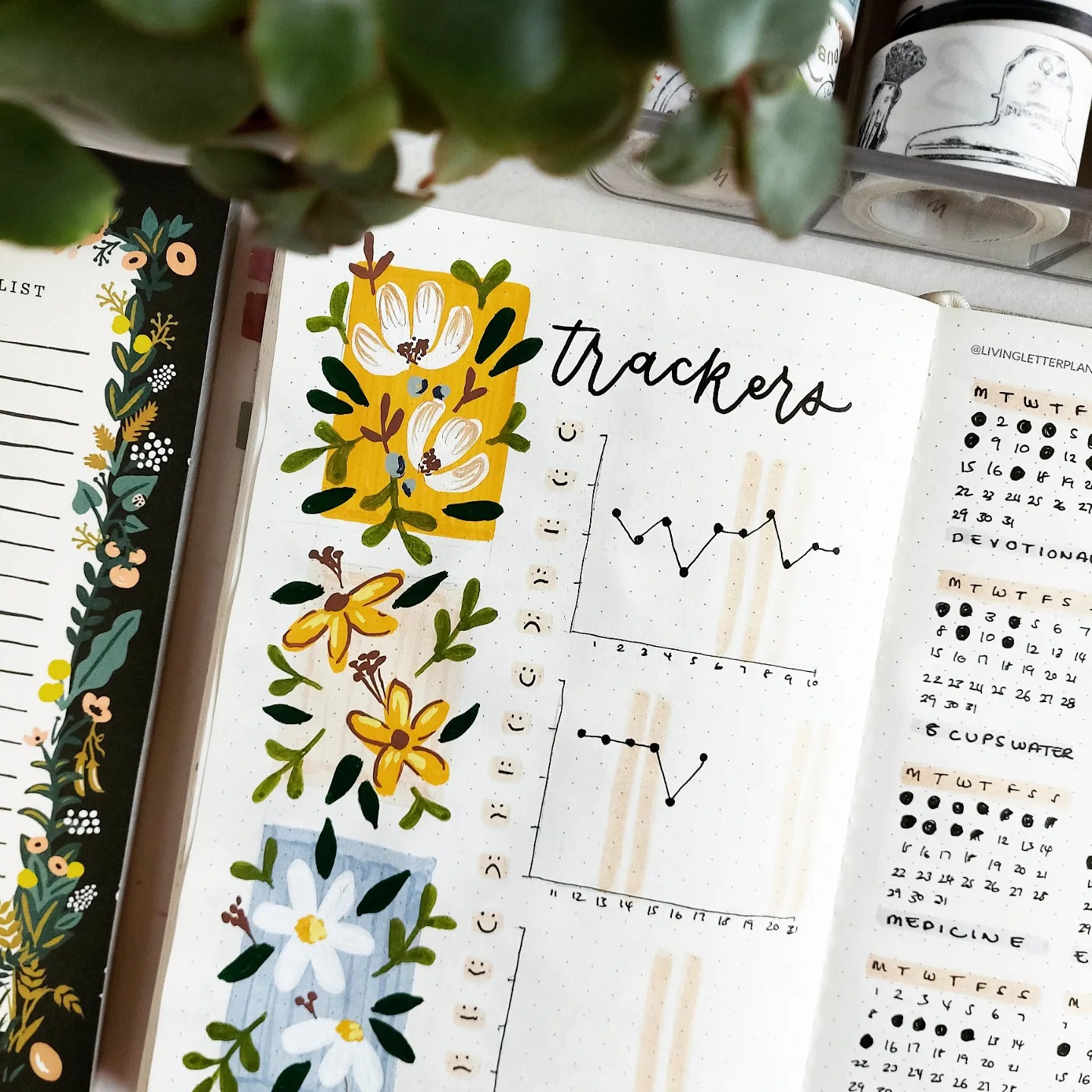














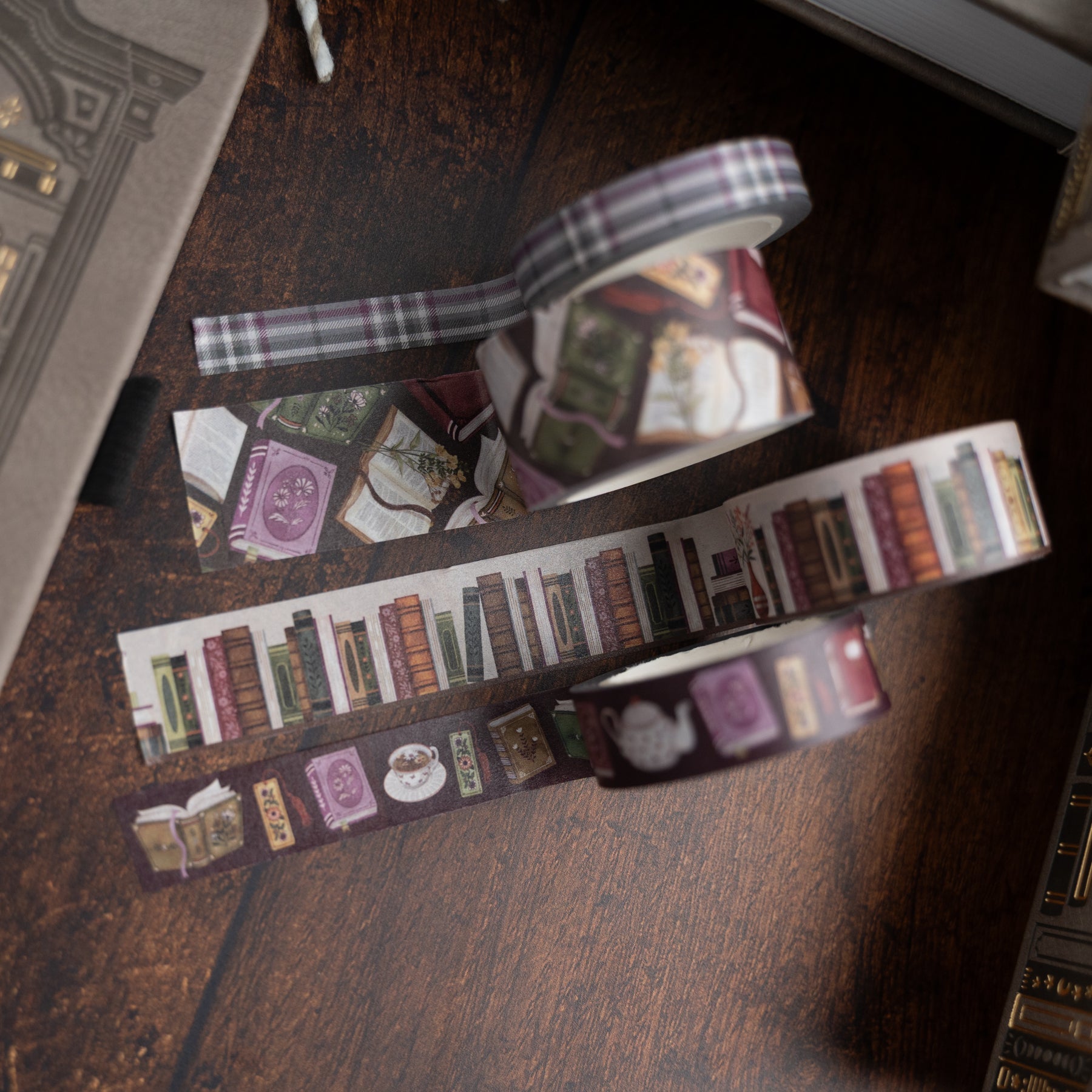
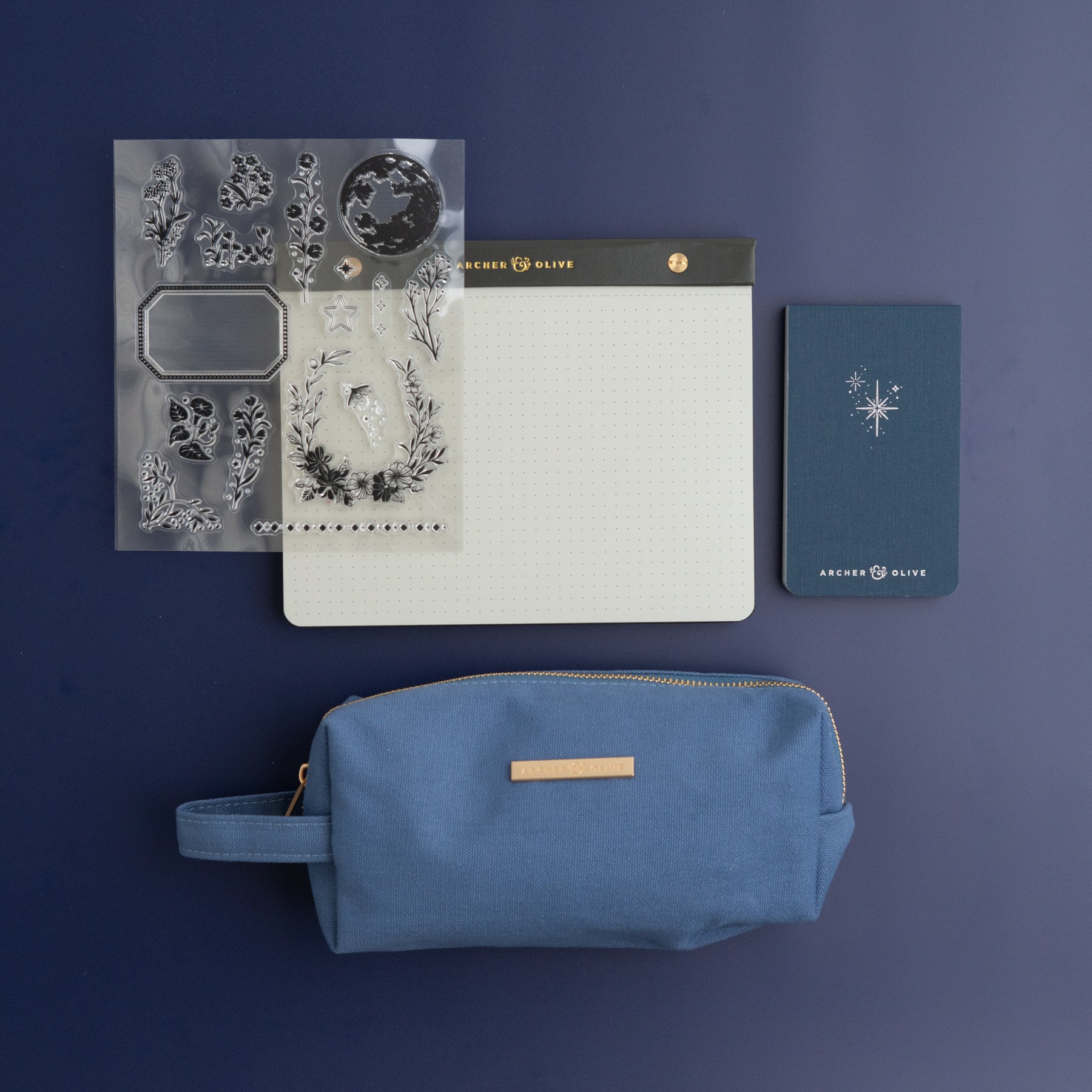
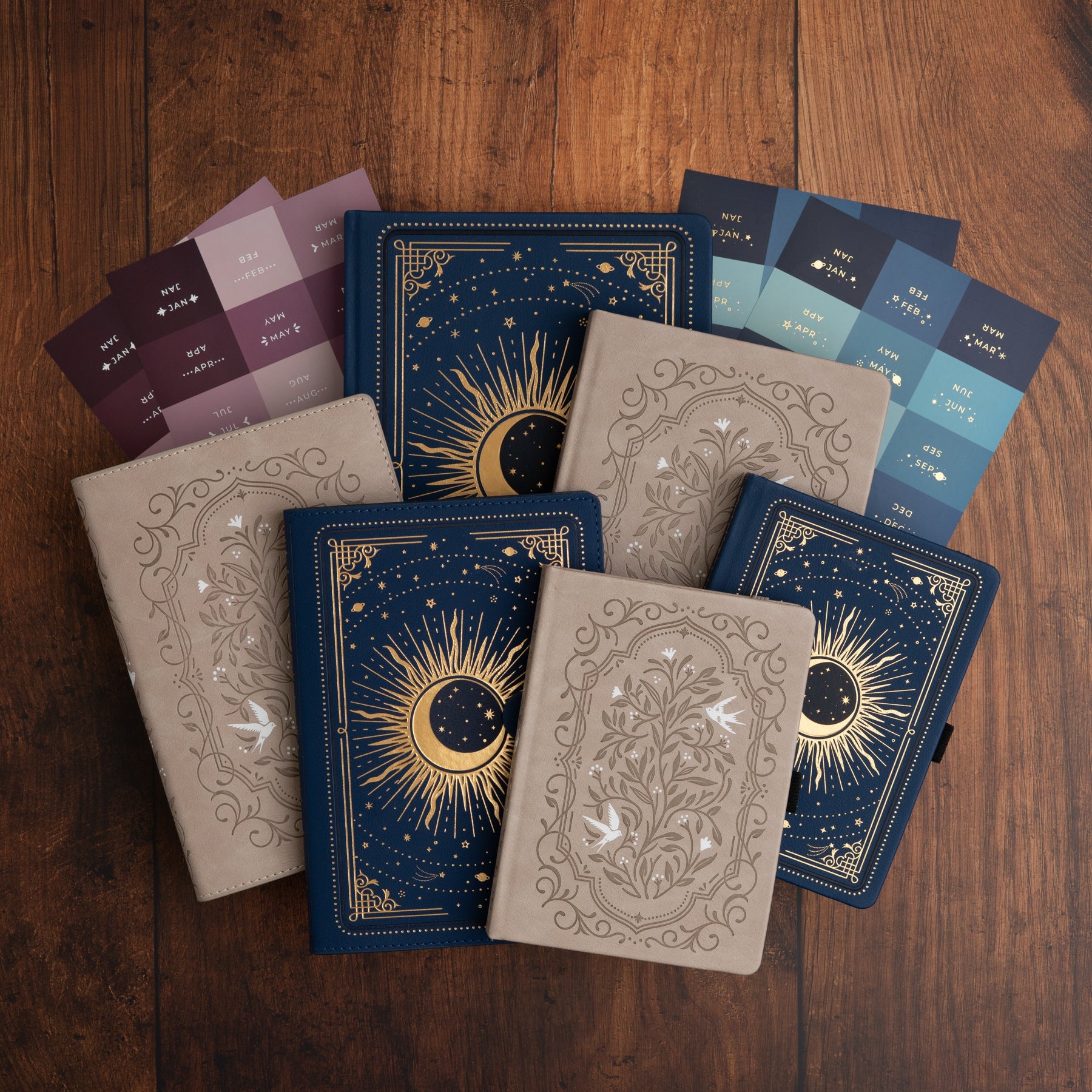
0 comments